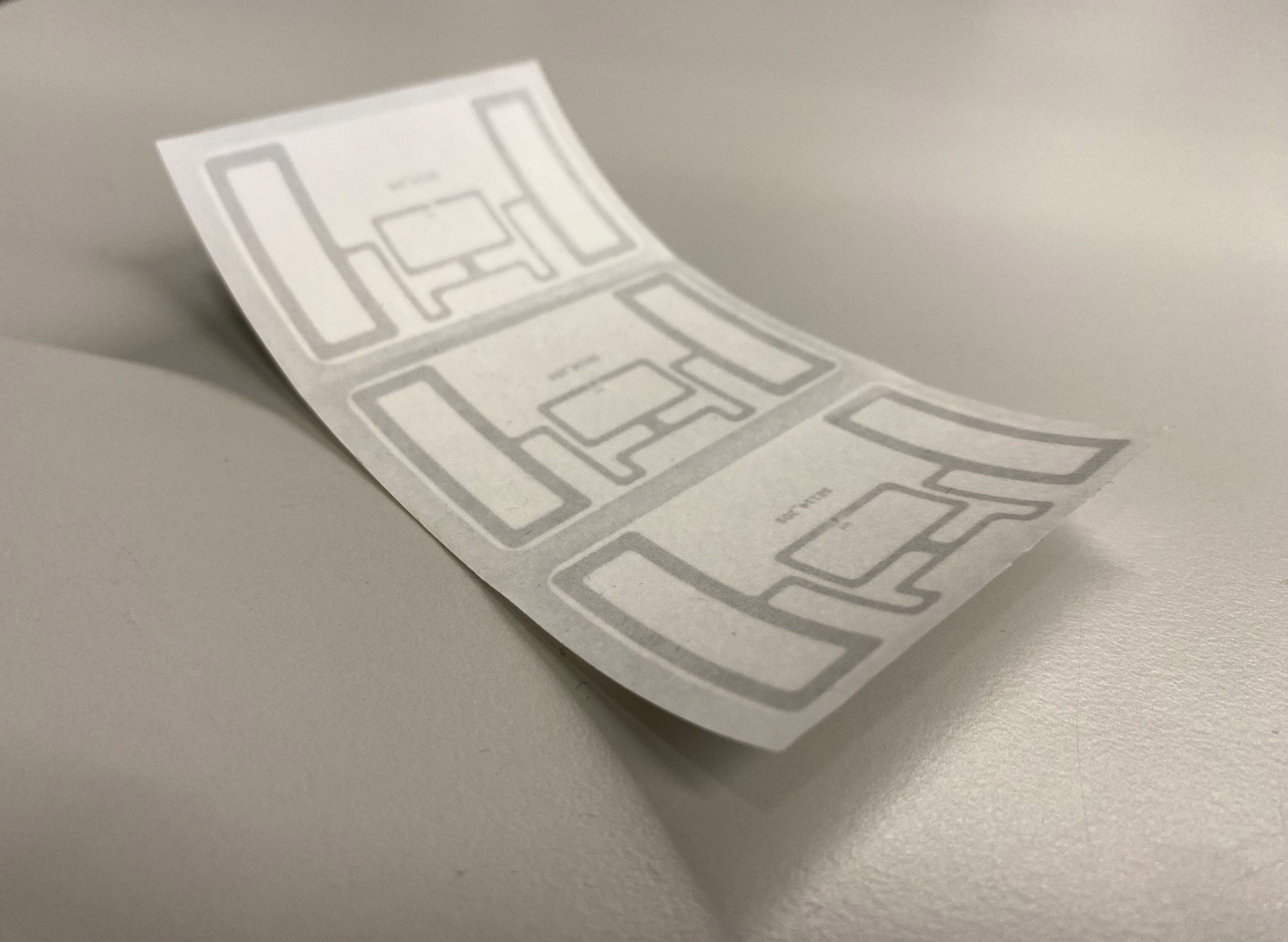
Introducing RFID
Introducing RFID
Jan 24, 2023
RFID technology, or radio-frequency identification, is rapidly changing the logistics industry. RFID offers an efficient and cost-effective way to track and manage goods throughout the supply chain, from the warehouse to the retail store. RFID is a wireless system that uses electromagnetic fields to automatically identify and track tags attached to objects. These tags contain unique information about the object they are attached to, such as product details, location, and manufacturing information.
RFID technology has revolutionized logistics by providing an automated, accurate, and reliable way to track inventory, streamline operations, and reduce costs. Unlike traditional barcodes, which require line-of-sight scanning, RFID tags can be read remotely and do not require direct contact with a reader, making them ideal for tracking high volumes of items.
By implementing RFID technology, logistic experts can monitor and manage their inventory in real-time, which means they can quickly respond to stock shortages or surpluses, reducing the risk of out-of-stock situations or overstocking. Furthermore, RFID technology can help logistics experts optimize their supply chain by reducing manual labor and human error, improving overall operational efficiency, and increasing productivity. It can also help them identify bottlenecks and optimize processes, leading to more cost-effective and streamlined logistics operations.
In conclusion, RFID is an innovative technology that can bring numerous benefits to the logistics industry, including improved inventory tracking, reduced manual labor, increased productivity, and enhanced supply chain optimization. If you're a logistics expert looking to improve your operations, then it's worth considering implementing RFID technology into your logistics process.
RFID technology, or radio-frequency identification, is rapidly changing the logistics industry. RFID offers an efficient and cost-effective way to track and manage goods throughout the supply chain, from the warehouse to the retail store. RFID is a wireless system that uses electromagnetic fields to automatically identify and track tags attached to objects. These tags contain unique information about the object they are attached to, such as product details, location, and manufacturing information.
RFID technology has revolutionized logistics by providing an automated, accurate, and reliable way to track inventory, streamline operations, and reduce costs. Unlike traditional barcodes, which require line-of-sight scanning, RFID tags can be read remotely and do not require direct contact with a reader, making them ideal for tracking high volumes of items.
By implementing RFID technology, logistic experts can monitor and manage their inventory in real-time, which means they can quickly respond to stock shortages or surpluses, reducing the risk of out-of-stock situations or overstocking. Furthermore, RFID technology can help logistics experts optimize their supply chain by reducing manual labor and human error, improving overall operational efficiency, and increasing productivity. It can also help them identify bottlenecks and optimize processes, leading to more cost-effective and streamlined logistics operations.
In conclusion, RFID is an innovative technology that can bring numerous benefits to the logistics industry, including improved inventory tracking, reduced manual labor, increased productivity, and enhanced supply chain optimization. If you're a logistics expert looking to improve your operations, then it's worth considering implementing RFID technology into your logistics process.

Interested in RFID?
Or do you want to know more about RAIN RFID and our Harmony platform? Leave a message, and we'll get back to you as soon as possible!
Interested in RFID?
Or do you want to know more about RAIN RFID and our Harmony platform? Leave a message, and we'll get back to you as soon as possible!
